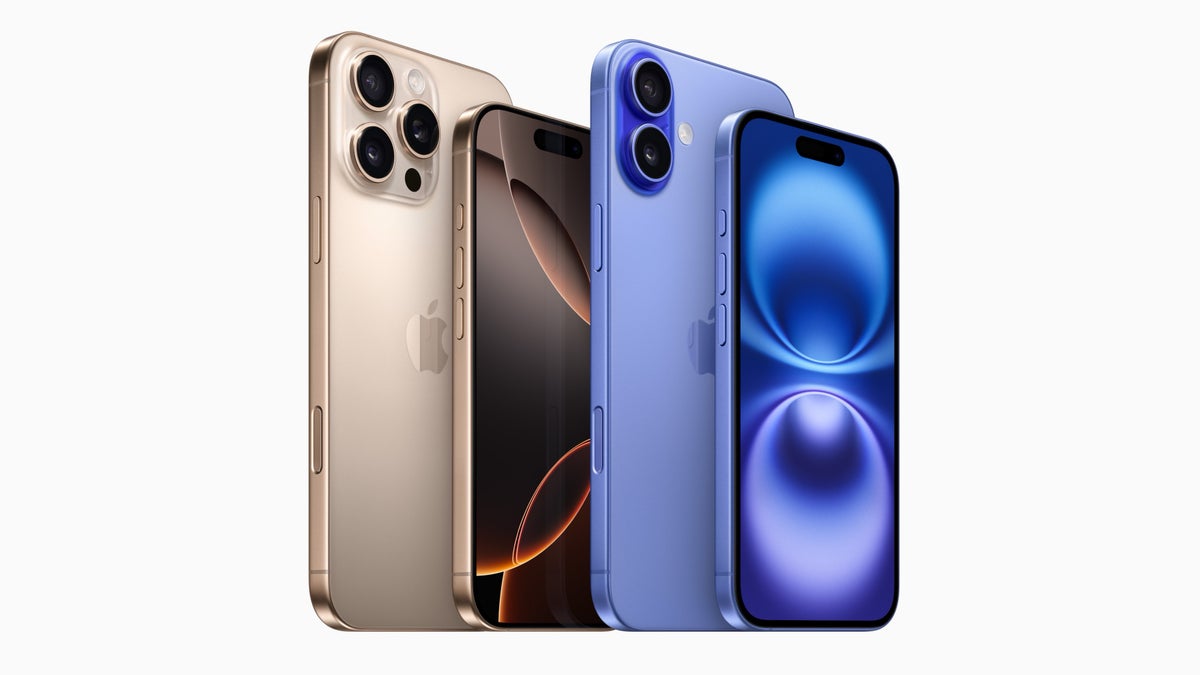While Apple Intelligence was the main driver behind the RAM upgrade, Srouji acknowledged that the additional memory will also benefit other applications, such as high-end gaming. He highlighted Apple’s ability to optimize software for its hardware, ensuring efficient memory usage.
Interview with Johny Srouji, Apple’s Senior Vice President of Hardware and Technologies. | Video credit — Geekerwan
The interview also touched upon the A18 chip powering the iPhone 16. Srouji explained that the decision to stick with two performance cores and four efficiency cores was based on a careful balance of factors, including battery size, power delivery, thermal envelope, and typical user scenarios. He believes this configuration is ideal for the iPhone, while the M4 chip in the iPad Pro, with its four performance cores, is better suited to the iPad’s larger thermal envelope and different power delivery capabilities.
We have lots of data that tells us what is going to enable a certain feature, and Apple Intelligence is one of those very, very important features that we want to enable. And we look at different configurations, both for computation and memory bandwidth and memory capacity. And then we make the right trade-off and balance of what actually makes the most sense. So, Apple Intelligence was a major feature that led us to believe that we need to get to 8GB.
— Johny Srouji, Apple’s Senior Vice President of Hardware and Technologies, September 2024
However, what stuck with me was the fact that this shift has effectively forced Apple to disclose these numbers, even though traditionally it never felt the need to. I guess we can consider this a win and hopefully the beginning of a more transparent approach to disclosing device specs to consumers.
